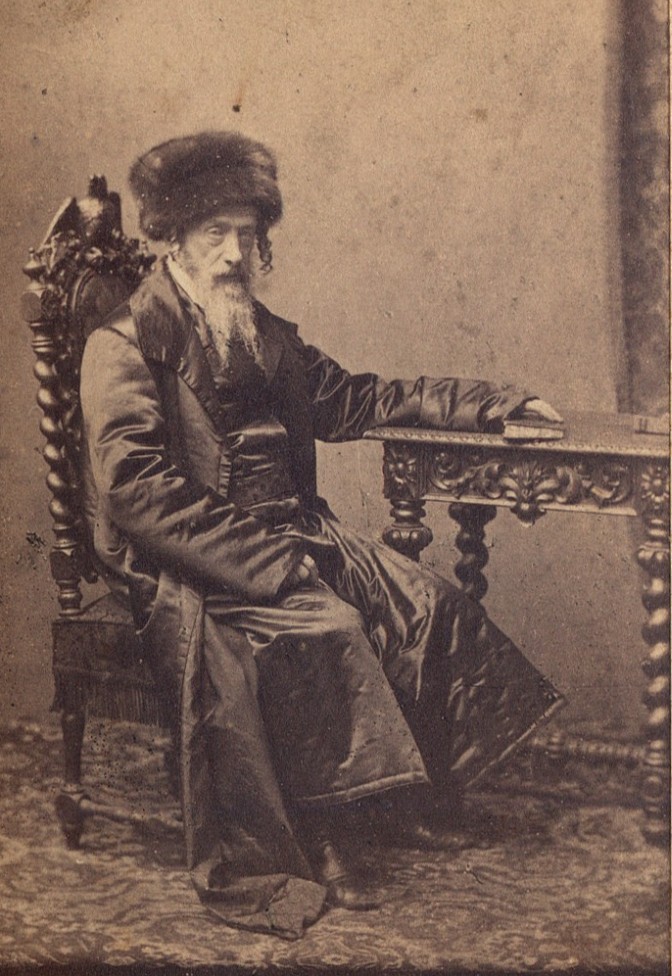Dow Ber Meisels was an extremely interesting character. Known primarily as an influential rabbi, he did not shy away from business and politics. He supported Polish national liberation uprisings which caused his imprisonment by the Russians.
The future rabbi was born in 1798. He received his first rabbinical education from his father. At the age of 22, he and his wife decided to go to Krakow which was then occupied by the Austrians as in 1795, Russia, Prussia and Austria jointly had divided the Polish state.
Support for oppressed nations
In Krakow, Meisels dealt with banking and commercial activities. At that time, in 1830, the Polish November Uprising broke out in the Polish territories seized by Russia. He helped the insurgents by financing the purchase of weapons from the accumulated money, but his support for Poles did not end there.
As the chief rabbi of Kraków from 1832, he also supported the anti-Austrian uprising in Kraków (1846) and the Spring of Nations (1848). He urged the Jews not to remain passive in those matters. At the same time, he wanted to increase his influence on the course of history, which is why he became a city councillor in Krakow and a member of the Austrian parliament.
Poles and Jews fought against Russia
In 1856, the duties of a spiritual leader urged him to Warsaw, where he became the chief rabbi. Located in the Kingdom of Poland under the rule of the Russian Empire, the present capital of Poland was then one of the largest Jewish communities in Europe. There, Dow Ber Meisels called in synagogues for Polish-Jewish reconciliation and for turning against Russia.
He actively participated in patriotic demonstrations in the 1860s in Warsaw. For his solidarity with the Poles and the Catholic Church, the Russians imprisoned him along with other rabbis. When, in January 1863, Poles again took up arms against the Russian invaders, the tsarist authorities forced Dow Ber to leave the Kingdom of Poland. He returned after a few years, but his activities were subject to strict control.
Dow Ber Meisels died on February 15, 1870. His funeral took place in Warsaw gathering many Christians and Jews. It became a great manifestation of the joint Polish-Jewish struggle against Tsarist Russia.





